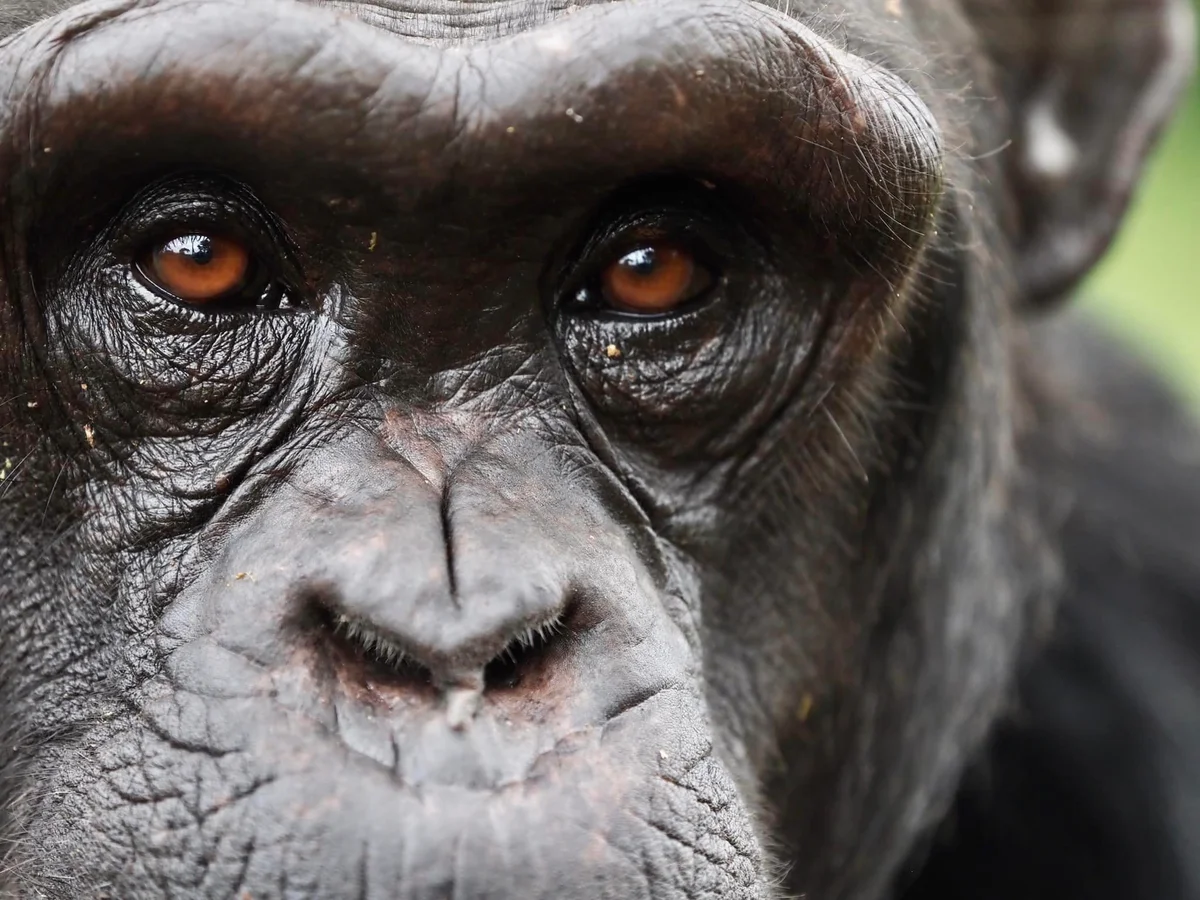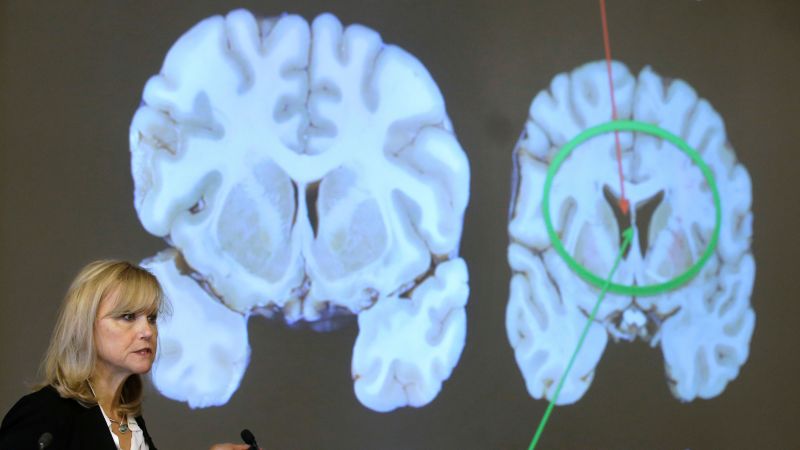Copyright Scientific American

You generally have reasons, good or bad, for your beliefs. You can reflect on those reasons: “Why do I think there’s a serial killer in the attic? It’s because the floor creaked.” And, paragon of rationality that you are, you can also adjust your beliefs when additional evidence demands it: “Having scoured the attic, baseball bat in hand, I must conclude that it’s just an old, creaky house.” This cognitive skill is known as belief revision. It’s long been considered a hallmark of human rationality that distinguishes us from other animals. It relies on a reflective awareness of our own thought processes—thinking about thinking, or metacognition—that other species don’t obviously possess. But a new study, published today in the journal Science, shows that our closest evolutionary relatives also reason in surprisingly sophisticated ways. In a series of experiments, researchers tested chimpanzees at the Ngamba Island Chimpanzee Sanctuary in Uganda to see how the animals juggled different sources of evidence. Each experiment revolved around food hidden in one of several boxes: The chimps would pick the box they thought was most promising based on an initial clue. Then they’d get another clue that sometimes conflicted with the first. Given the chance to update their decision, they almost always chose the box predicted by a rational-choice model and only changed their mind when the new information was stronger than what they already knew. “The chimps knocked it out of the park,” says Brian Hare, an evolutionary anthropologist at Duke University, who was not involved in the study. “It’s obvious this is so easy for them.” On supporting science journalism If you're enjoying this article, consider supporting our award-winning journalism by subscribing. By purchasing a subscription you are helping to ensure the future of impactful stories about the discoveries and ideas shaping our world today. Most impressively, the animals even accounted for clues that undermined earlier evidence. If they heard something bouncing around inside box 1, they would assume, at first, that it was an apple—but then the experimenter would pull out a stone. Realizing they had been misled, the chimps would immediately opt for Box 2, even though it appeared uninspiring a moment before. This was “the cherry on top,” says study co-author Jan Engelmann, a comparative psychologist at the University of California, Berkeley. “None of us thought they could do it because it’s just so complex.” Of course, lots of animals obey reason without reflecting on it; an amoeba is acting rationally, in some sense, when it follows chemical signals toward food. This “unreflective responsiveness to evidence,” as it’s been called, is a mere shadow of human rationality. But Engelmann argues that chimpanzees’ ability to scrutinize evidence and gauge the certainty of their own knowledge comes much closer to the real thing. “It’s very hard to explain the chimps’ behavior without appealing to some notion of reflection,” he says. Christopher Krupenye, who studies animal cognition at Johns Hopkins University and was not involved in the study, agrees. He’s agnostic about the content of that reflection—without language, it’s unclear how animals could mentally represent the propositions that make up human beliefs (“I hear rattling, so there’s probably an apple in the box”). It’s possible the chimps think primarily in pictures. Regardless, Krupenye says, “all of this suggests they’re not just driven by simple, emotional responses. They have rather complex awareness.” Clearly, however, there’s still more to human rationality. According to study co-author Hanna Schleihauf, a comparative psychologist at Utrecht University in the Netherlands, the crucial ingredient may be social interaction—we’re able to sharpen our beliefs through discussion. “This is really what makes humans so special,” she says. “We give and ask for reasons.” Indeed, some cognitive scientists think our reasoning skills evolved so that we could argue with one another.



